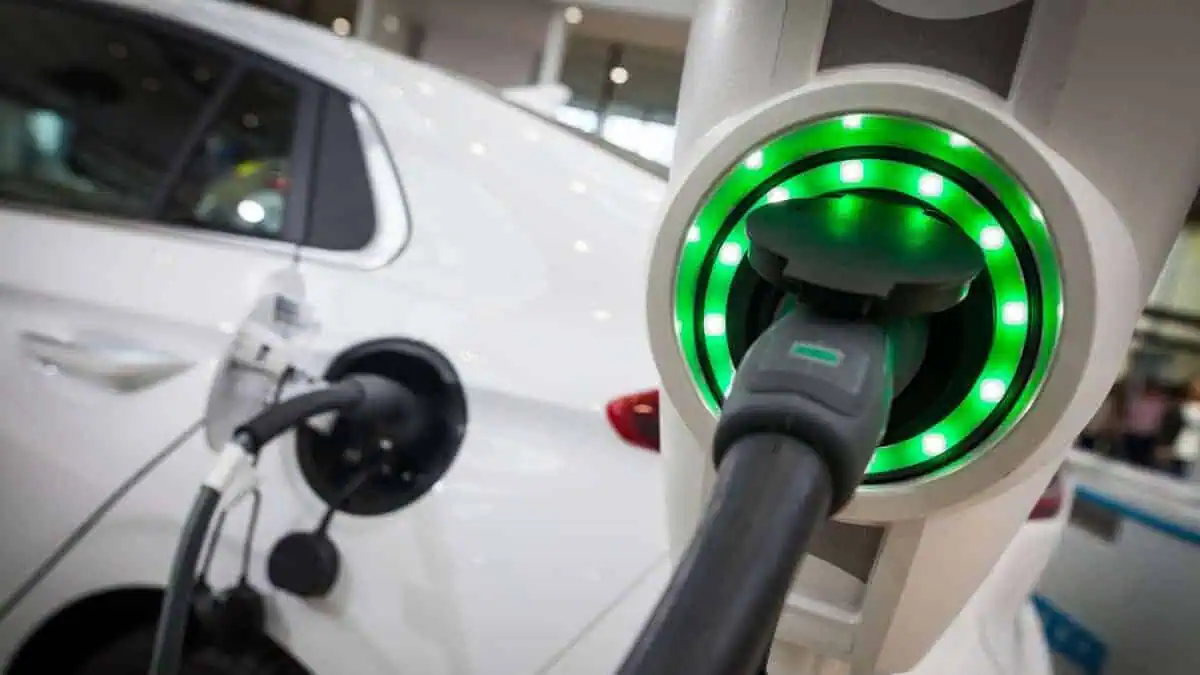Tiger Global and Blume Capital have invested in the Indian startup Vector Motor Control (Vecmocon). The company is developing strategies and solutions to offer safety and dependability while also providing intelligence and health monitoring to light electric vehicles. According to TechCrunch, these technologies are intended to overcome issues limiting electric scooter sales in the South Asian market.
“EV mass adoption is not a product story but an ecosystem story. Robustness, reliability, and service are at the core of this story which we at Vecmocon are building. With our state-of-the-art solution, and data-centric approach we are working with the mission to deliver a truly smart, connected, and reliable platform for the world. We plan to utilize this fundraise to invest primarily in team and tech.”, says Vecmocon co-founder and CEO Peeyush Asati.
For reference, India has only about 1.3 million electric vehicles versus the current 278 million non-EVs, based on the most recent data released by the Indian government. The cost of servicing and processing times for an EV are also relatively more expensive in the country than traditional combustion engine-powered equivalents.
Additionally, many EVs in the Indian market, particularly electric scooters, do not fulfill quality requirements. Some have recently even burst into flames.
Vecmocon is attempting to address these issues by selling its core EV components and software to OEMs. Additionally, it provides cloud integration tools that allow remote diagnostics for fleet operations.
Peeyush Asati, co-founder and CEO of Vecmocon, stated in an interview with TechCrunch, “For electric vehicles to happen, its ecosystem has to happen, and that ecosystem has to be data-driven. It has to be digitally enabled for a quick evolution.”
Asati, an IIT Kanpur alumnus, co-founded the startup in August 2016 with Shivam Wankhede and Adarshkumar B. The last two are IIT Delhi and Indian School of Business (ISB) alums, respectively. Before launching their business, the three supplied free consulting to e-rickshaw manufacturers. This helped them see the industry’s dependency on China.
“The Chinese component manufacturers are not cooperating because the ecosystem in China around EVs is fundamentally different from how it is in India. The geography is diverse, the use cases of how people use electric vehicles are two-wheelers, kind of in terms of culture in terms of behavior, in terms of geography, all of it was different,” Asati said.
He further declared that “Vecmocon offers battery management systems, vehicle intelligence modules, instrument clusters and chargers, among other components. It targets light EV manufacturers making two-wheelers, three-wheelers, forklifts and electric tractors at the moment, as those are the lowest hanging fruits.”
According to the co-founder, the startup’s battery management technologies conform with the Automotive Industry Standards (AIS)-156, which the Indian government issued last month to solve EV battery fire risks. However, the safety requirements have not yet been required for manufacturers.
“We have already executed those recommendations in our previous generation and improved on them further. So, we are ahead in terms of safety and reliability,” he said.
Now, Tiger Global and Blume Ventures co-led a $5.2 million pre-Series A financing in Vecmocon.
“We are impressed with the deep commitment and progress that Peeyush, Adarshkumar and Shivam have made to solve long-term problems in India’s EV industry, and we are excited to partner with them as they build a high-quality global automotive tech company to support the adoption of EVs,” Connie Lee, partner, Tiger Global, said in a prepared statement.
According to Asati, the investment from the all-equity round will be utilized to construct a business around Vecmocon’s products. He stated that the startup intends to recruit sales, HR, operations, and finance personnel to join the team. Currently, only 20 engineers are working on various hardware and software solutions.
Furthermore, it intends to establish its labs to test and develop new market products as it presently uses laboratories at IIT Delhi.
“An electric vehicle is a technologically advanced product. For the larger number of OEMs, it is hard to develop the expertise to design and perfect the software and hardware components like a BMS (battery management system) or VIM (vehicle intelligence module). Such customers stand to win greatly by adopting Vecmocon’s platform, which allows them to launch high-performance vehicles faster to the market. Over the last five years, Vecmocon has built a unique capability to engineer such data intensive components and deliver a highly robust and safe system,” said Arpit Agarwal, director of Blume Ventures.
Vecmocon estimates to have orders worth roughly $5 million to execute this financial year. This provided it with touchpoints with 30,000-40,000 automobiles. According to Asati, the objective is to power more than 100,000 vehicles by next year and 500,000 by 2025.
The startup also intends to expand beyond India. It has begun operating in a pilot phase with clients worldwide, including initial customers in the United States, Sri Lanka, and Malaysia.
Vecmocon secured $300,000 in a strategic seed round from Tessellate Tech Ventures in 2019. It also obtained startup funding from India’s Department of Science and Technology (DST).in the form of a loan and equity combination.
According to The Tech Portal, Vecmocon’s technology’s first integrated hardware and software solution would account for at least 30% of the value chain in an EV, resulting in a $30 billion market in India alone. Some of its technologies, including the motor controller, vehicle intelligence module, battery management system, and charger, are vital to an EV and determine the car’s safety, dependability, and performance.
Electric vehicle uptake in India has surged, with various OEMs developing their own vehicles in multiple categories. However, the lack of a broad, comprehensive ecosystem, such as charging stations, repair workshops, and technicians, among other things, continues to impede expansion.






